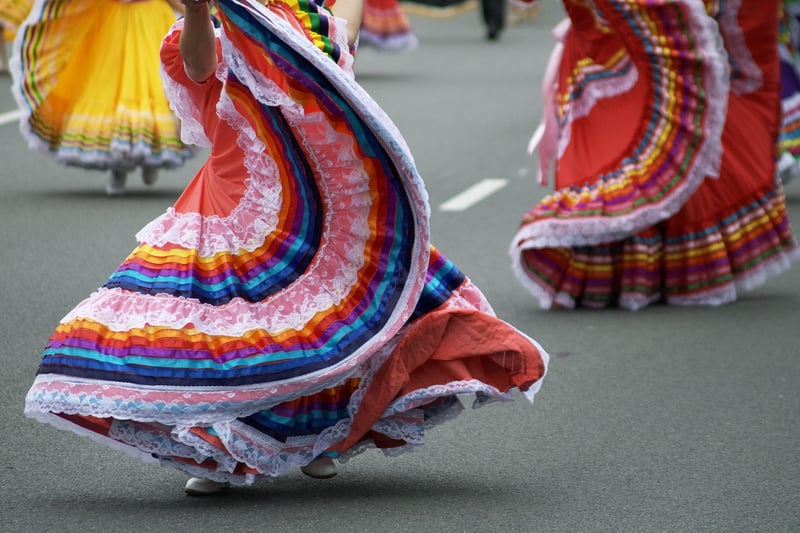Traditional Festivals
Embrace Diverse Traditions: Celebrating Traditional Festivals
Exploring traditional festivals from around the world is a wonderful way to embrace diverse cultural traditions and customs. These festivals are not only a celebration of heritage but also a time for communities to come together, share joy, and create lasting memories. Let's delve into some unique traditional festivals that showcase the beauty of diversity.
Diwali - Festival of Lights
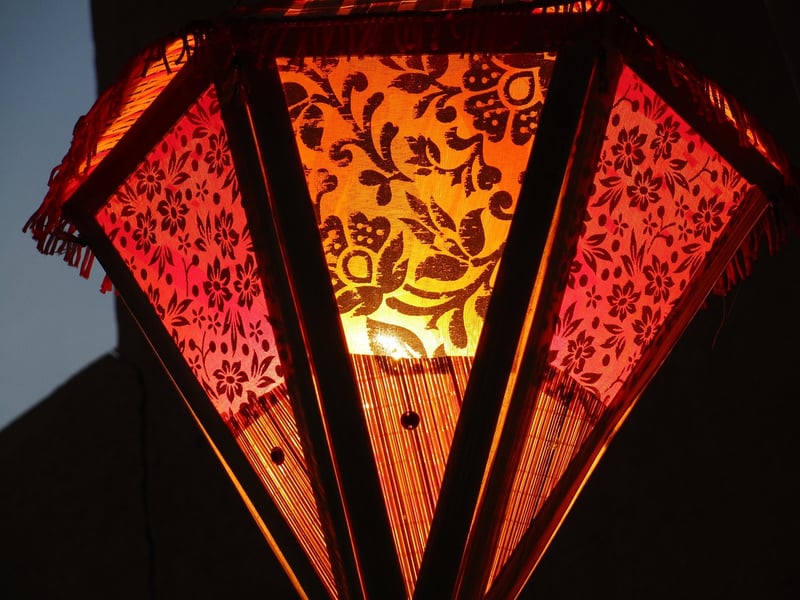
Diwali, also known as the Festival of Lights, is a significant Hindu festival celebrated with great enthusiasm across India and other parts of the world. It symbolizes the victory of light over darkness and good over evil. The festival includes lighting oil lamps, bursting fireworks, exchanging sweets, and decorating homes with colorful rangoli patterns.
Carnival - Brazil
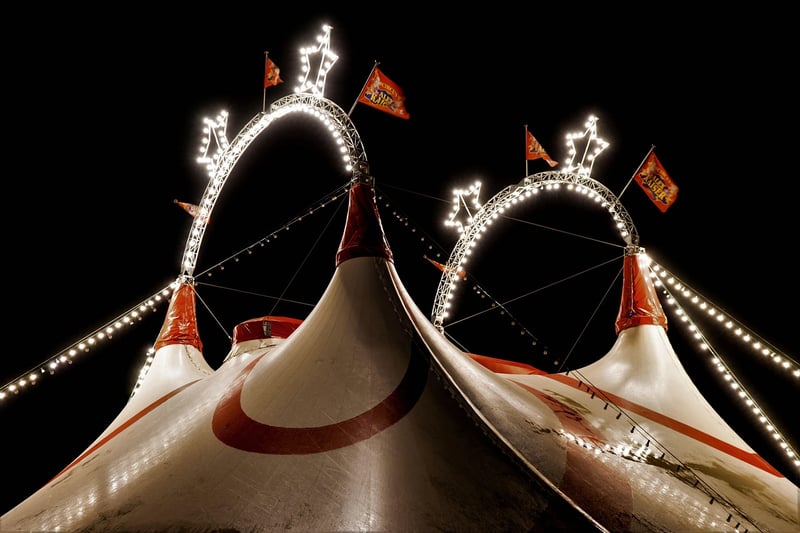
The Carnival in Brazil is one of the most famous festivals globally, known for its vibrant parades, samba music, and elaborate costumes. This annual event, held before Lent, attracts millions of locals and tourists who come together to dance, sing, and immerse themselves in the rich Brazilian culture.
Mid-Autumn Festival - China
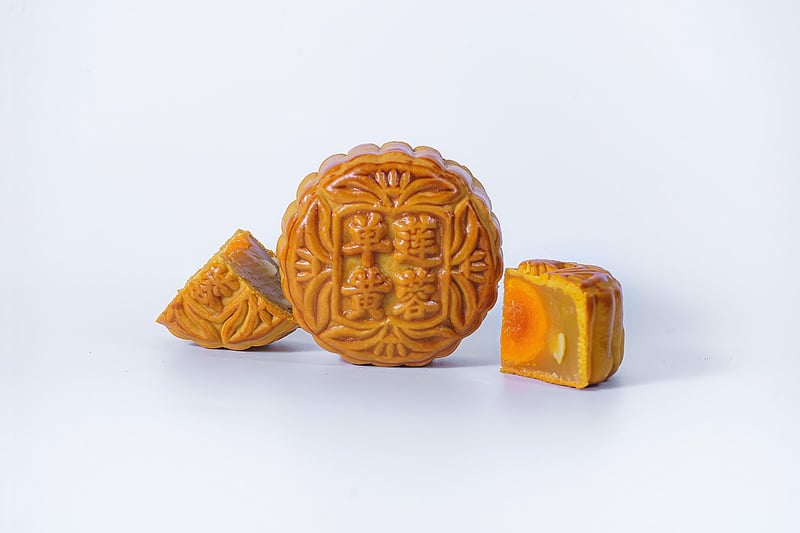
The Mid-Autumn Festival, also called the Mooncake Festival, is a traditional Chinese celebration that honors the harvest season and the full moon. Families gather to share mooncakes, light lanterns, and appreciate the beauty of the moon. It is a time of reunion and thanksgiving.
Oktoberfest - Germany
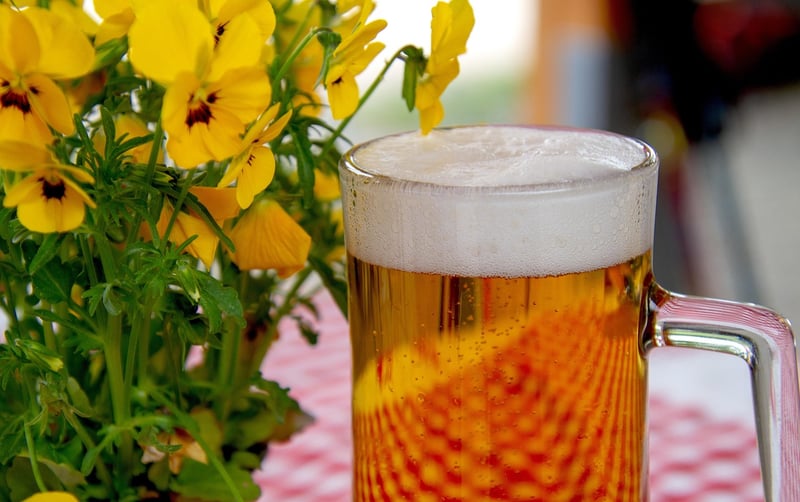
Oktoberfest in Germany is the world's largest beer festival, attracting beer enthusiasts from all over the globe. Visitors enjoy traditional Bavarian music, folk dances, delicious food, and of course, a wide variety of beer served in large steins. It's a lively celebration of German culture and hospitality.
Día de los Muertos - Mexico
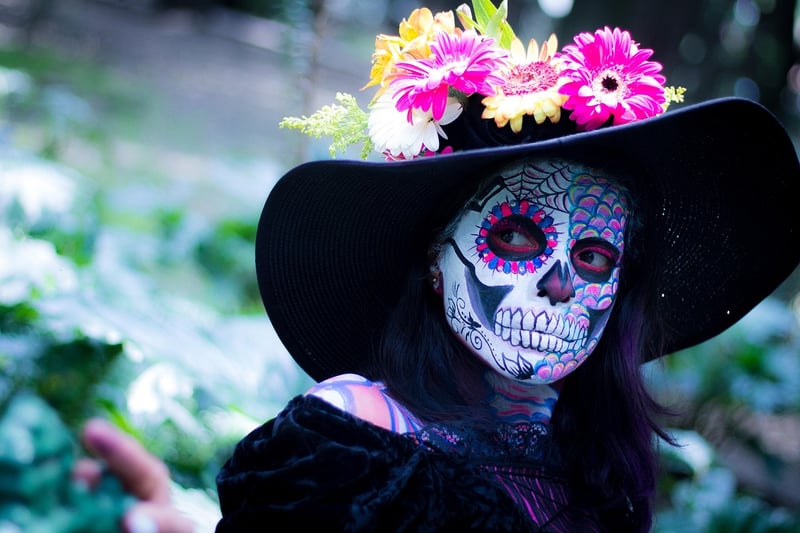
Día de los Muertos, or Day of the Dead, is a Mexican tradition that honors deceased loved ones with colorful altars, marigold flowers, sugar skulls, and special foods. Families gather in cemeteries to remember and celebrate the lives of those who have passed, believing that death is a natural part of the cycle of life.
Each of these traditional festivals offers a unique glimpse into the customs, beliefs, and values of different cultures. By participating in or learning about these celebrations, we can appreciate the beauty of diversity and foster greater understanding and harmony among communities worldwide.
Let's embrace diverse traditions and celebrate the richness of our multicultural world through these vibrant and meaningful festivals!
